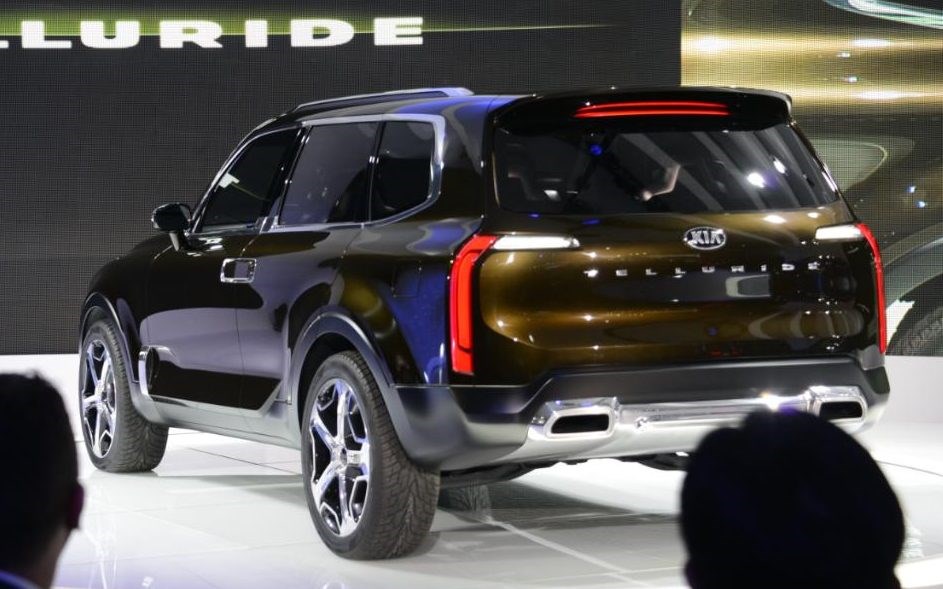
1. A great name doesn't always mean a great car – Kia's Telluride is a big, 400bhp SUV with a plug-in hybrid drivetrain and is named after a chi chi Colorado ski-resort town. The interior is really clever and quite elegant, but this is in sharp contrast to the lumbering, ugly exterior which they chose to show off in brown of the same shade as a cow pat. Great name; gormless car.
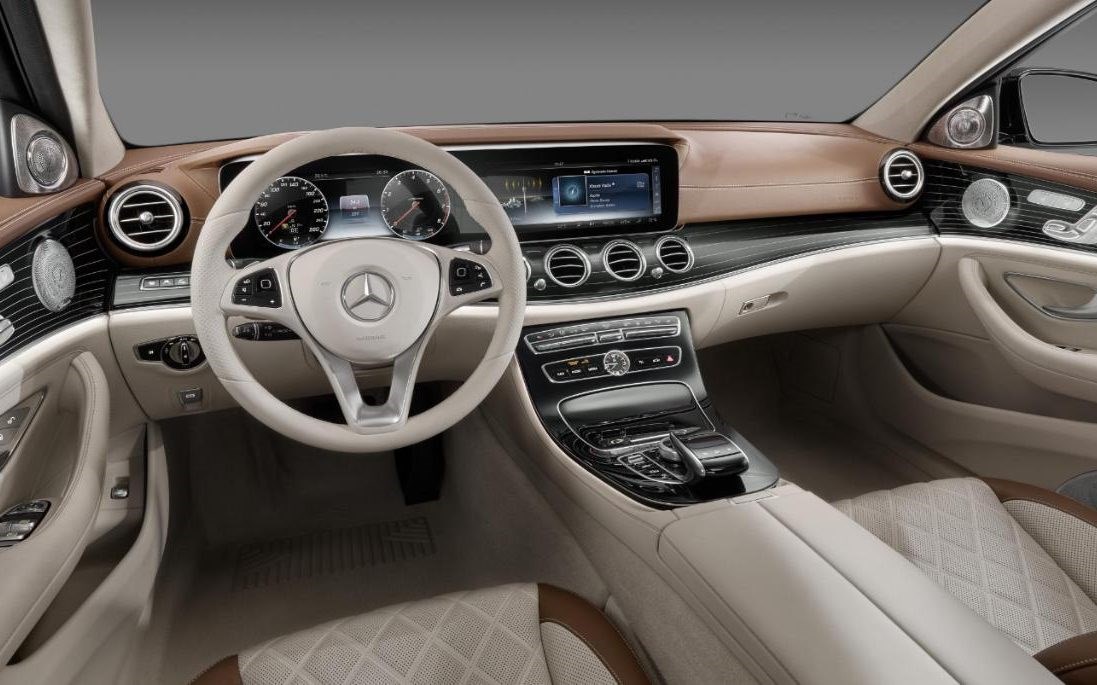
2. Software now rules the car industry – Thomas Weber, R&D director at Mercedes-Benz, flew up to Detroit from the Consumer Electronics Show in Las Vegas, where all anyone wanted to talk to him about was software developments and issues. Apparently, it was the same in Detroit. "I sometimes have to reassure the guys who are researching and designing our seats," he said. "They think they are a forgotten and unloved part of the business."
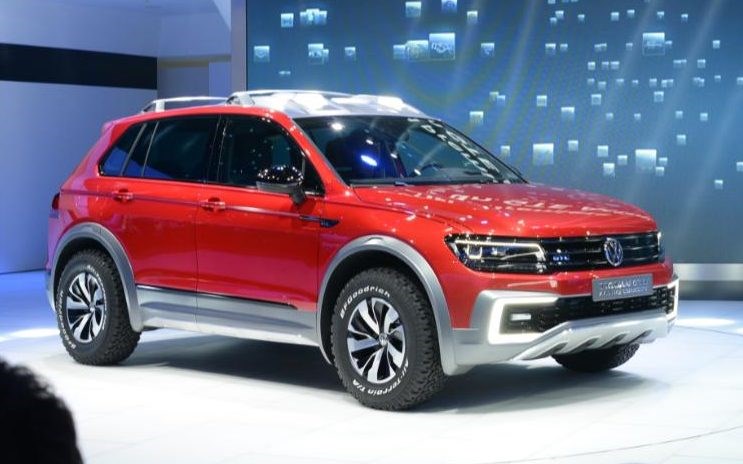
3. All is not lost at VW – Volkswagen research and development chief Ulrich Eichhorn is just a fortnight into the job, so isn't yet allowed to give proper interviews, but he spared a thought for Telegraph Cars when we asked if there was anything cheerful at Volkswagen these days. "Yes," he said. "It's going to start getting better from now on and during this whole crisis, while a few careers were destroyed, no one was injured and no one died."
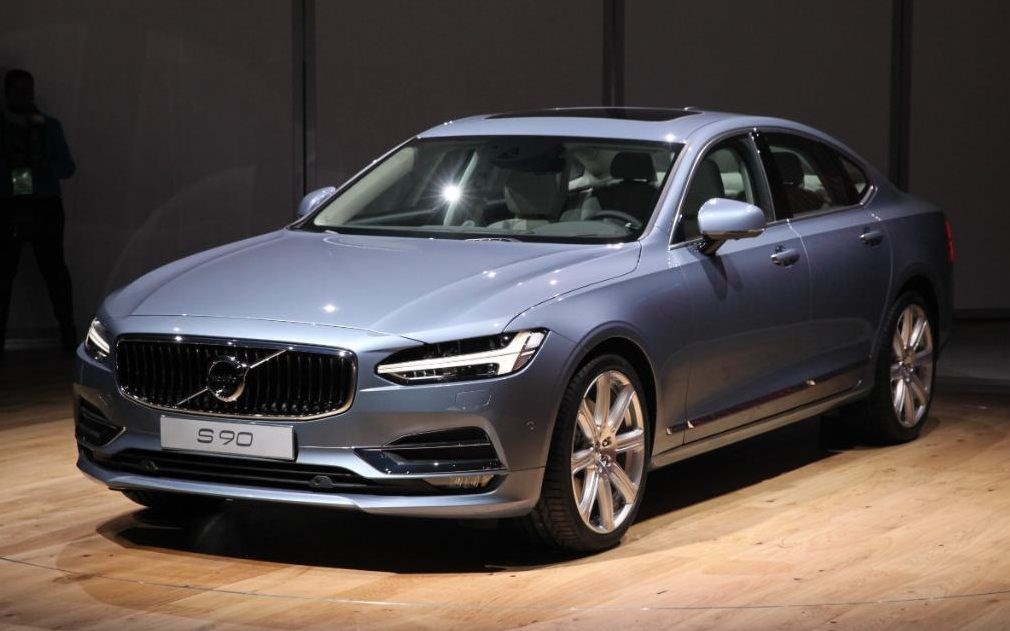
4. Volvo is on the up – Ford wanted Volvo to sell 600,000 cars a year and sold the company when it didn't. Under Chinese ownership it shifted 520,000 cars last year, an all-time high. The Swedes were at the show to promote the new S90 saloon (we'll see the estate at Geneva) and it's a great looking car with a lovely interior designed by Brit Robin Page. Oh, and the company's new XC90 also won the American Truck of the Year award at the show. There are still some issues to sort out, but things are looking distinctly rosy at Volvo.
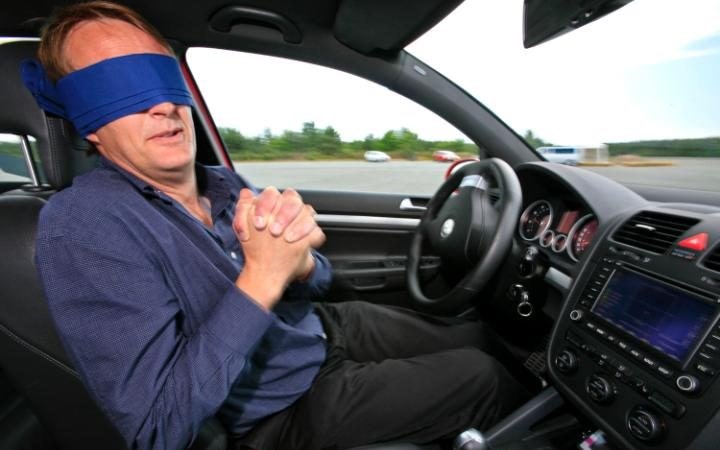
5. Self-driving cars still have some way to go – Mercedes-Benz's new E-class will drive itself in a number of specific circumstances, including changing lanes, but Mercedes refuses to allow fully autonomous driving due to safety concerns. "We always put safety first," insisted Thomas Weber, R&D boss. "If the driver doesn't touch the wheel for 30 seconds, the car will show a light asking the driver to respond, then a noise. If there is no response then the system will brake the car to a halt in its lane. This is important as the driver could be having a heart attack."
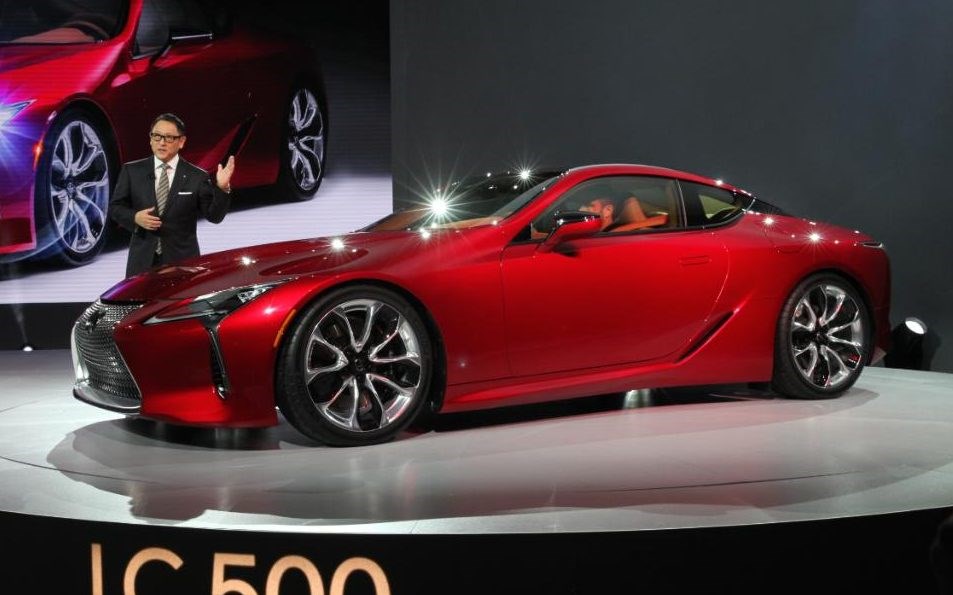
6. Lexus is boring (but it won't be for much longer) – While unveiling a new super coupé, the LC, Lexus chief executive Akio Toyoda said that he'd received letters telling him that his luxury brand's cars were boring, and he agreed. He assured his audience, however, that the latest design ethos and dynamic identity will make Lexus cars interesting to look at and more fun to drive. "I took [the letters] to heart," he said, "and I'm ensuring that the word boring and Lexus will never occupy the same sentence ever again."
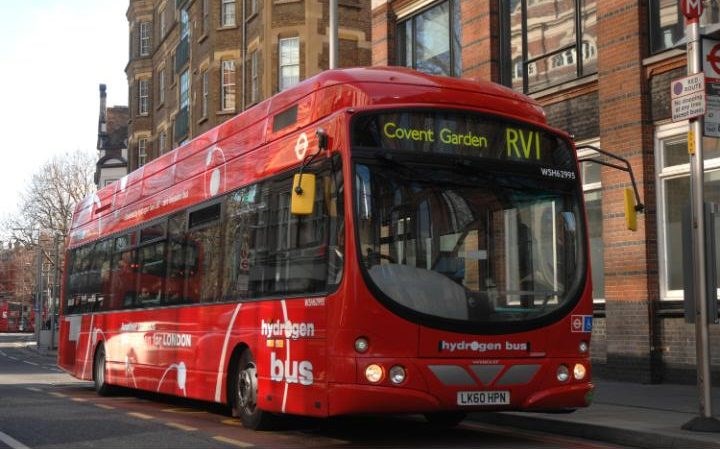
7. One day you might catch a bus courtesy of Ford – Launching Ford Pass, an online and telephone mobility services scheme, Mark Fields, Ford's chief executive, confessed that it is not just aimed at non-Ford owners, but also at those without a car at all. At first the scheme will be very much concerned with parking, with tie-ups with some large US airport parking firms, but eventually it will act as a hub for car sharing and car-lease sharing schemes, and provide advice on the best routes into cities via public transport.
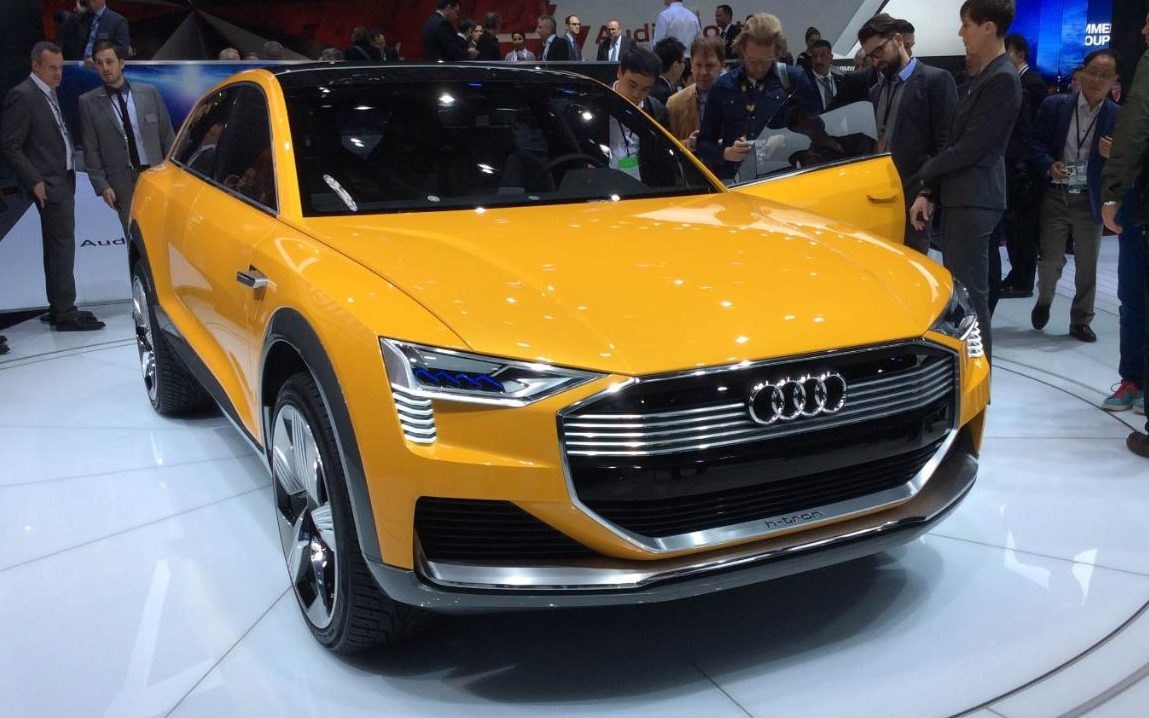
8. Audis are going to look a lot sharper from now on – Audi's new H-tron concept, a hydrogen fuel-cell SUV with a range of 372 miles and four-wheel drive, is the first sensible fuel-cell idea the company has had, but the car is also a bellwether for chief designer Marc Lichte's ideas on how Audi's should look in future. It's a sleek, pointy change in direction for the VW-owned brand and (some say) not a moment too soon.
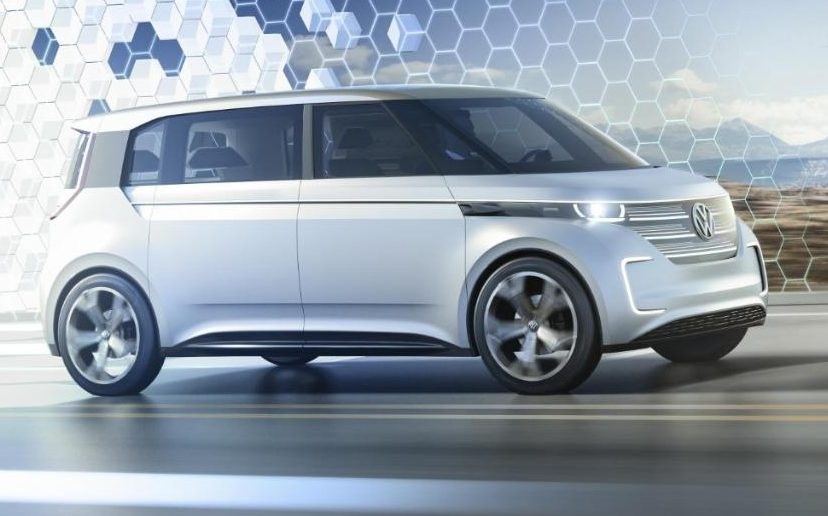
9. Viable battery-electric and fuel-cell cars are within sight – Mercedes will have a hydrogen fuel-cell car based on the GLC on sale by next year, and, it is also working on a battery-electric model. Volkswagen has promised 20 new plug-in hybrids by 2020 and is havering about whether it will produce the electric BUDD.e microbus (above). BMW has fitted Toyota's fuel-cell into a number of 5-series GT cars, which are being tested on public roads in Europe. And Chevrolet's battery-electric Bolt will be on sale this year with a range of 200 miles.

10. Diesel cars won't disappear anytime soon – "Diesel will continue to be an important part of our mix, ongoing," said Ian Robertson, board director of BMW. "They will be required if we are to meet our CO2 commitments. We have anticipated a change in the balance, however, with a move back towards petrol and more plug-in hybrids, which in our case use a petrol engine."
-Daily Telegraph




